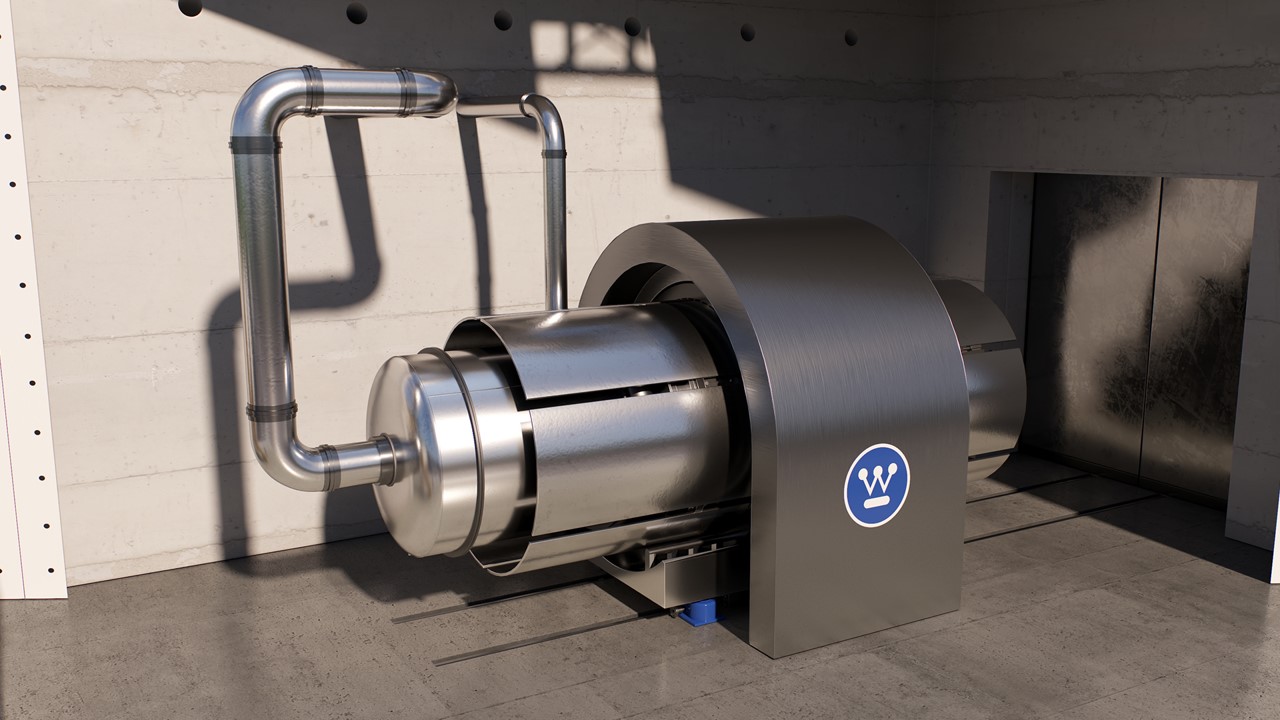Penn State is partnering with Westinghouse Electric Company to develop the second nuclear research facility at the University Park campus.
The university sent a letter of intent to the Nuclear Regulatory Commission on Feb. 28, marking the first step in the application process to install Westinghouse’s eVinci microreactor in a new facility. A location will be determined as Penn State continues to engage with the NRC, according to a news release.
The project is part of a nuclear research and development collaboration between Penn State and Westinghouse, called FRONTIER, that began in 2022.
Westinghouse describes the eVinci microreactor as “a cost competitive, flexible and resilient source of power and heat” that enables “active nuclear research opportunities.”
According to Penn State, the microreactor, which uses Westinghouse’s heat pipe technology, “offers a reliable and safe solution for powering the University’s research facilities and buildings across campus.” Operating “like a nuclear battery,” it can provide power for more than eight years without refueling.
It can be installed above ground and does not require water for operation, and it is designed to power everything from large communities to remote areas that lack energy infrastructure.
The university called it “an ideal choice as a sustainable energy solution,” offering reduced maintenance and increased safety.
“Today, the University announced its intent to make Westinghouse’s eVinci microreactor a research priority,” Andrew Read, Penn State senior vice president for research, said in a statement. “We believe this technology has the potential to change how we think of and use nuclear energy. And with Pennsylvania’s and Penn State’s rich history in nuclear research, FRONTIER is the team to lead this endeavor.”
If the project comes to fruition, it will be the second nuclear research reactor at University Park. The Breazeale Nuclear Reactor became the first licensed research reactor at a university in the United State in 1955 and continues to play a role in training and research.
A Penn State spokesperson confirmed that Breazeale will continue to operate if the new reactor facility goes forward.
Westinghouse, meanwhile, is a pioneer in commercial nuclear power, having opened the nation’s first pressurized water reactor in 1957.
“Penn State’s new University Park research facility will further solidify Pennsylvania as one of the world’s leading nuclear innovation hubs,” Jon Ball, president of eVinci Technologies at Westinghouse, said in a statement. “We look forward to bringing our advanced eVinci technology to the FRONTIER program to find new ways of harnessing nuclear energy, while providing students and researchers with unprecedented opportunities.”
Tonya L. Peeples, dean of Penn State’s College of Engineering, said the aim of the reactor project is to produce new research and develop the skilled workforce in all areas of the nuclear sector “including engineering, construction, AI, operations, project management, licensing, safety, security, supply chain and many more.”



